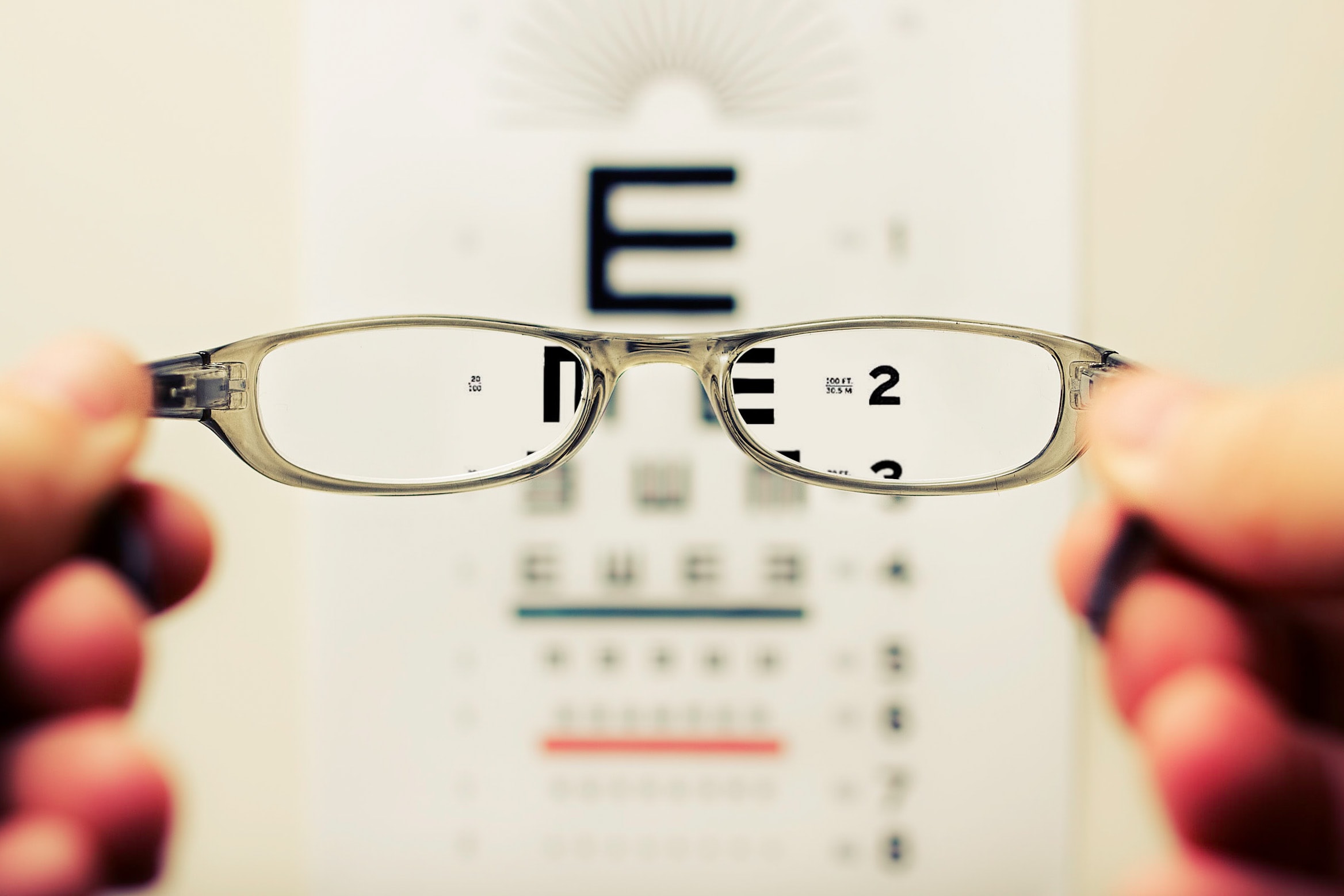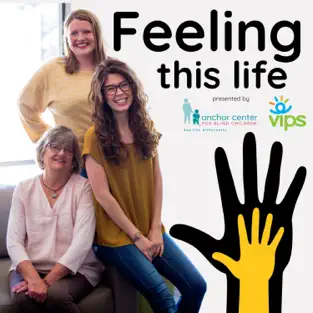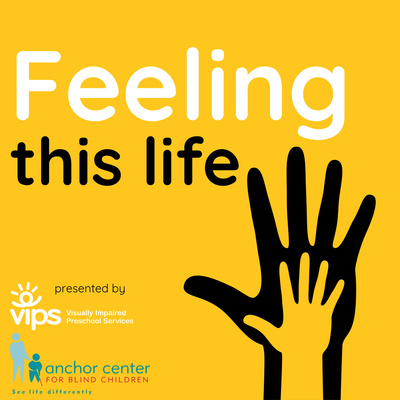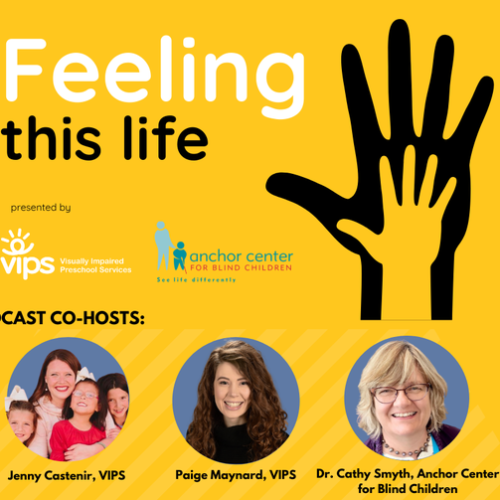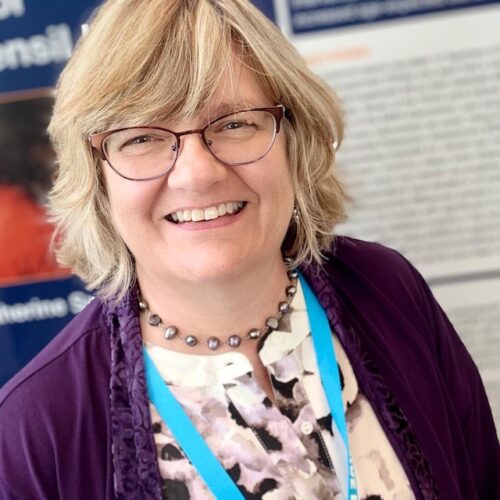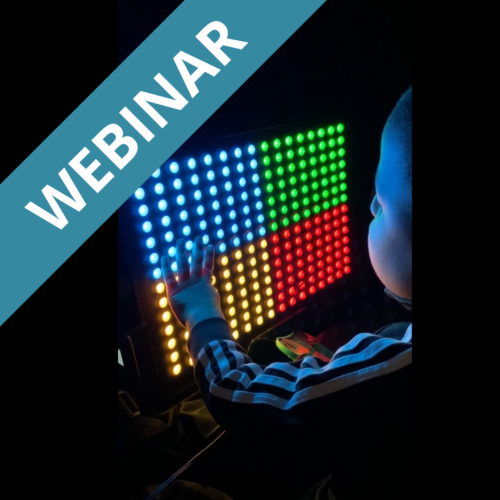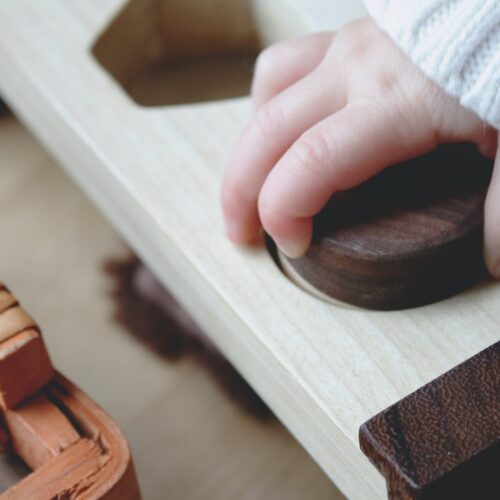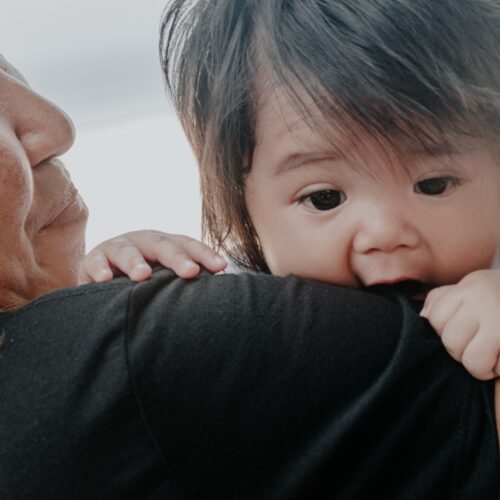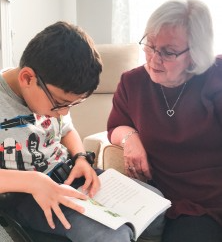Pediatric ophthalmologist, Dr. Robert King, MD, and two Anchor Center for Blind Children teachers of students with visual impairment in early intervention have collaborated with Rocky Mountain Hospital for Children Neonatal Intensive Care Unit (NICU) to complete a research project that potentially identifies brain-based visual impairment and visual function concerns in premature infants. Using a validated screening instrument, the Neonatal Assessment Visual European Grid (NAVEG) is a non-invasive visual functioning screener led to 79 successful screenings with 26 individuals or a (33%) referral rate. Results indicate that the NAVEG is a stable screening tool to administer in the NICU setting with infants from 35 to 40 weeks to identify early visual concerns.
This exciting research is changing how we think about what very young babies see and early visual development. We have had the opportunity to present and train on the NAVEG with hospital staff and Early Intervention TSVIs across the country.
Karen Borg, director of Utah’s Parent Infant Program shares that “after just 7 months, the NAVEG is changing our practice and our relationship with our Early Intervention partners”.
Other organizations that have or are signed up for our NAVEG training experience include:
Anchor Center is happy to announce we will be collaborating in a similar hospital-based study with Dr. Lauren Mehner at the Children’s Hospital Colorado NICU before this spring!
**Want to know more about NAVEG training? Contact Dr. Cathy Smyth at csmyth@anchorcenter.org for more information!
Partnerships:
Anchor Center recently began consulting with Rachel Pilling, M.D., pediatric ophthalmologist at Bradford University, United Kingdom, on the possibility of a feasibility study on using the NAVEG in her local NICUs. Dr. Pilling shared “It is very exciting how we can work together in the field of CVI to make sure families and children get the services they need. We have a long road ahead of us, but this is a beginning.” We agree!

